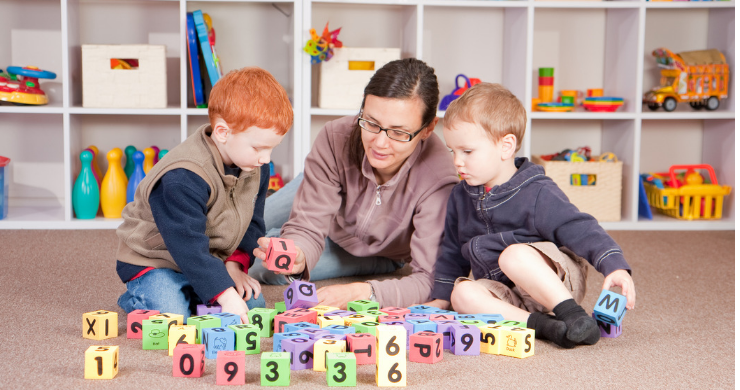
Questions are important because they help us create a framework for understanding and discovery, whereas answers are (at most) temporary fixes to our problems. Both questions and answers must be updated over time as things change. Formulating good questions is the best tool for learning and applies across all fields, and questions can do a lot of things, such as cause someone to rethink their position or to look more closely at a problem. Good questions are clear where bad questions are unclear. Bad questions are misleading in style and content, and require learners to guess what instructors are thinking. Also, a question might be poorly timed. A good question is timed well and is succinct and clear. It is open-ended and encourages further thinking and creativity. Make sure to carefully revise your questions until it is saying exactly what you want it to say and provoking the correct response, which is further thought and learning rather than spitting out the “right” answer that the teacher wants to hear. Hopefully your question will provoke further questions and learning in the students’ minds.
Key Takeaways:
- Answers that are correct in the present may not be correct in the future, whereas questions can be timeless.
- Questions, like answers, can also be bad, but a bad question can be challenging and difficult to answer.
- A truly bad question is one where the students devote too much time to guessing what answer the teacher wants.
“Questioning is the art of learning. Learning to ask important questions is the best evidence of understanding there is, far surpassing the temporary endorphins of a correct ‘answer.’”
Read more: https://www.teachthought.com/critical-thinking/why-questions-are-more-important-than-answers/

